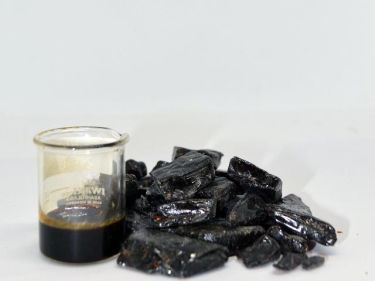Winter Is Coming How German SMEs Are Preparing for an Energy Crunch
Prepare for winter energy costs with smart strategies! German SMEs are using cost-saving measures to prepare for an energy crunch.

German politicians have been rhetorically preparing the population for a harsh winter for months. Without gas supplies from Russia and prices on international markets rising through the cold period, many households and businesses face massive challenges.
But positive news has recently caused optimism: Gas storages are full, and gas prices have retreated, at least temporarily. That doesn’t solve the problem, but it gives some space to breathe.
German SMEs in gas-heavy industries face existential threats
The public debate in Germany has reached levels where politicians have advised people to shower less and use a second blanket instead of turning the heater up at night. That said, the problem is not so much people freezing in their homes but businesses running out of gas.
First, the law in Germany stipulates that households are getting preferred access to gas, meaning businesses are second. Second, the main issue is not that there isn’t enough gas available but that prices may reach levels where it becomes uneconomical for businesses to keep their operations running.
Many industries, such as chemical or glass manufacturing, depend highly on gas. Once heat ovens have to be turned off, they often can never be reactivated, meaning huge amounts of machinery would get destroyed. For many manufacturers, that would mean the end of their business. It could also impact car exporting, shipping and international trade.
Germany tries to increase LNG imports and cap gas prices
Businesses have reacted in different ways. Some smaller businesses have already had to close shop, for example, smaller bakeries that haven’t had much liquidity reserves. Other businesses have looked for ways to move production out of Germany, for example, to the US, where energy costs are significantly lower.

That said, the vast majority of small businesses keep fighting, despite deteriorating economic conditions. The German government supports businesses by providing fiscal stimulus and capping gas prices at a maximum.
Germany is also ramping up the imports of LNG gas by building new LNG terminals and signing contracts with suppliers, for example, from the US, Norway, or the Middle East. The faster these gas supplies reach Germany, the faster prices should start decreasing.
Businesses have also launched measures to cut their gas consumption by limiting production where possible. They are also looking for alternative energy sources, but replacing gas in the production chain is often impossible.
High gas prices will also be a challenge in 2023
The big hope for German SMEs is that LNG imports are speeding up and that the winter is likely to be warmer compared with historical averages. That would reduce gas consumption in general, thereby resulting in lower prices.
Depending on the war in Ukraine and Germany’s ability to find new gas suppliers, high gas prices might not only be a problem this year but also in winter 2023. It will be challenging for Germany to fill its gas supplies over the summer to prepare for the cold period. But that’s in 2023. Until then, many things can change.
Stay in the Loop with Export Portal
To find out more about how you can successfully trade at an international level and build your export and import website, make sure to check out Export Portal’s Blog Page!


















Comments 2